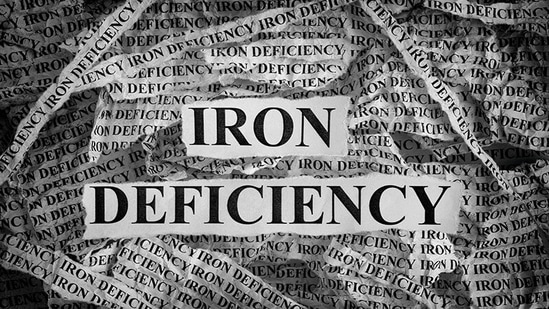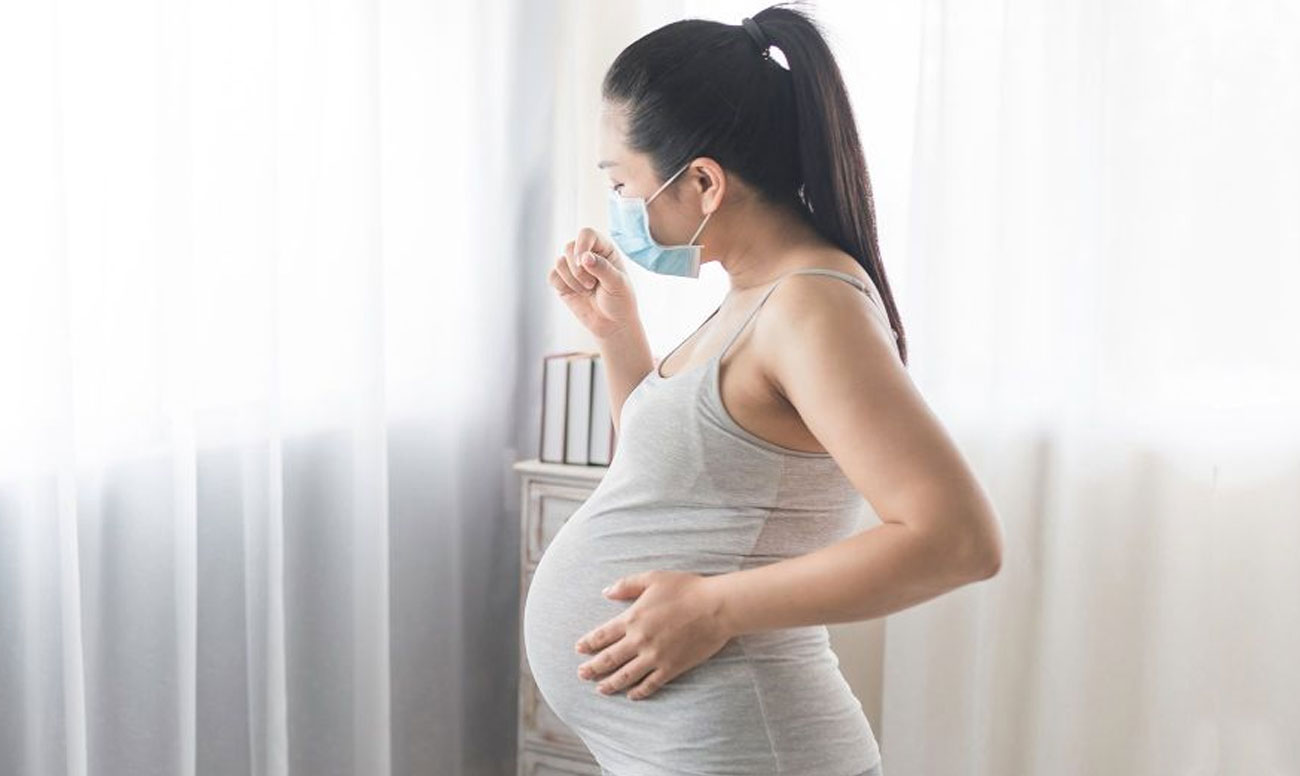
Manage iron deficiency: Tips to prevent Anaemia before, during, after pregnancy
Your iron level will be monitored by your doctor whether you’re trying to get pregnant, expecting or in the postpartum period, especially if you’re at risk of developing iron-deficiency anaemia. Here are some healthy tips for managing iron-deficiency anaemia before, during and after pregnancy

Anaemia is a serious global public health problem that particularly affects young children and pregnant women and World Health Organization estimates that 40% of pregnant women worldwide are anaemic. The WHO states, “The most common causes of anaemia include nutritional deficiencies, particularly iron deficiency, though deficiencies in folate, vitamins B12 and A are also important causes; haemoglobinopathies; and infectious diseases, such as malaria, tuberculosis, HIV and parasitic infections.”
Adding to the list of symptoms, Dr Manju Gupta, Senior Consultant Obstetrician and Gynaecologist at Motherhood Hospital in Noida shared, “When your iron levels are low, you may experience fatigue, chilly hands and frozen feet, dizziness, weakness, chest discomfort and brittle nails, to name a few signs and symptoms or a combination of symptoms such as pale skin, an irregular heartbeat, headaches and a low body temperature.”
Tips for managing iron-deficiency anaemia before, during and after pregnancy:
According to Dr Manju Gupta, it is crucial to get adequate iron through meals or supplements when pregnant. She said, “It is crucial to know the kind of anaemia if it is diagnosed before pregnancy. Heavy monthly flow can cause iron-deficiency anaemia in women of reproductive age who are not pregnant. Anaemia is treated with diet and oral iron supplements before and throughout pregnancy, exactly as it is during pregnancy.”
Highlighting that most doctors screen for anaemia at the beginning of pregnancy and again in the second and third trimesters, Dr Manju Gupta informed, “While many doctors advise patients to consume a diet high in plant-based iron sources such as green leafy vegetables, shellfish, legumes, seeds and quinoa, iron from these sources is not as effectively absorbed as iron from animal sources such as meat, chicken, and fish.”
She added, “After childbirth and throughout the first few weeks and months after delivery, many women will see an improvement in symptoms connected to iron deficiency anaemia. Women may continue to have iron deficiency anaemia after giving delivery. The most prevalent reasons are a lack of iron during pregnancy and blood loss during delivery.”
Dr Arockia Virgin Fernando, Fertility and IVF Consultant, Gynecologist, who also consults on Practo revealed, “A high protein diet, fresh fruits that are rich in vitamin C, leafy vegetables, or papaya can prevent anaemia before pregnancy. Apart from this, regular deworming helps too. During pregnancy, the same diet, with more fibre, dry fruits, in addition, more spinach, 100 iron tablets, IV infusion of iron helps as well to manage anaemia. After pregnancy, jaggery, spinach, fruits and vegetables, a high liquid diet and iron tablets for 1-month post-pregnancy helps to manage anaemia.”






